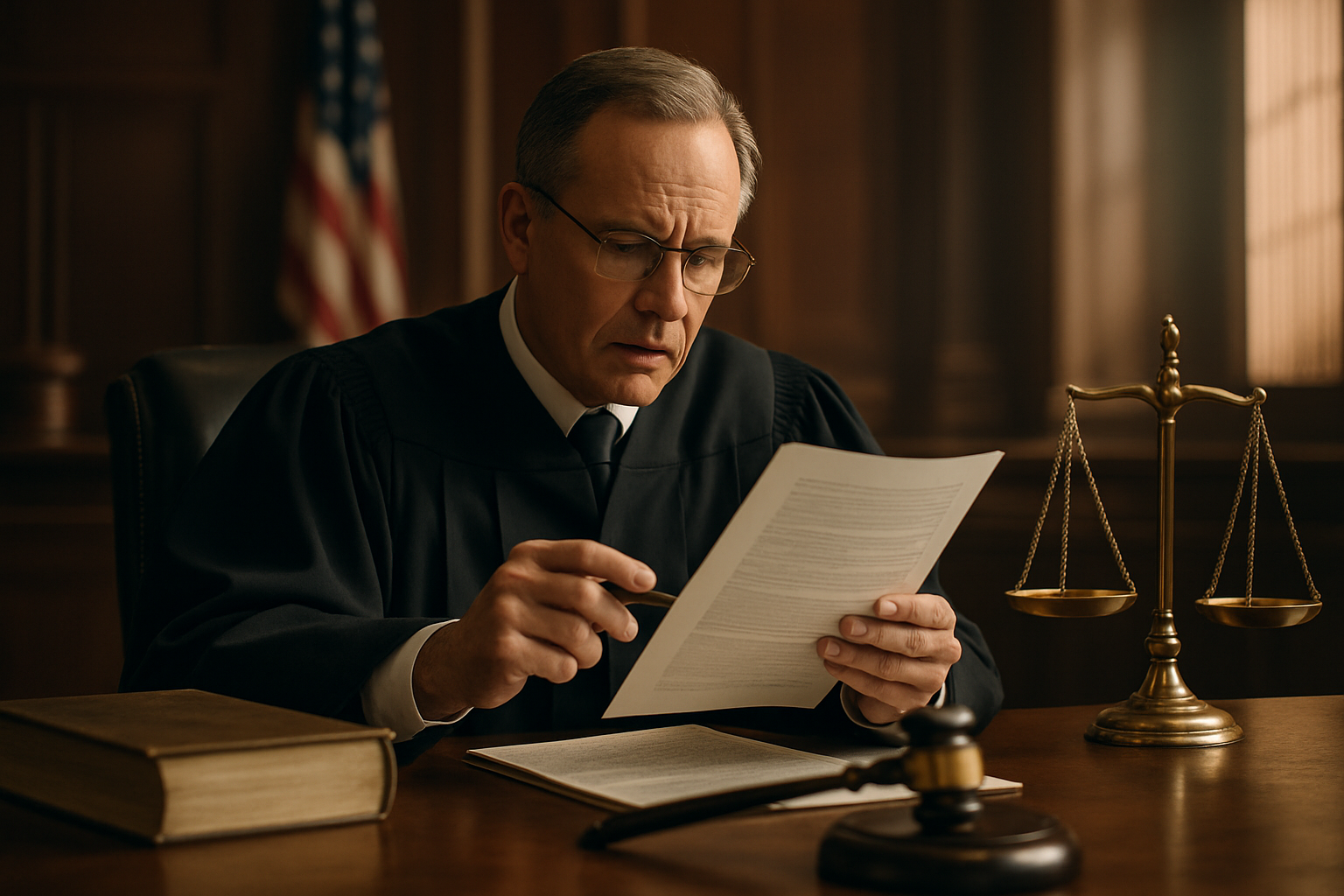Distilling the Dynamics of Double Jeopardy: A Comprehensive Examination
Introduction: Delve into the intricate labyrinth of double jeopardy, a fundamental concept in constitutional law that safeguards individuals from being prosecuted twice for the same crime. Unravel the historical context, the evolving interpretations, and the societal implications of this legal principle.

Unearthing the Historical Roots of Double Jeopardy
The concept of double jeopardy traces its roots back to ancient Roman and Greek law, but it found a definitive place in English common law in the 17th century. The principle was enshrined in the Fifth Amendment of the United States Constitution to protect citizens from abuse of state power. It was devised to prevent the government from using its resources to wear down and unfairly convict an accused person.
The Fifth Amendment: The Bedrock of Double Jeopardy
The double jeopardy clause in the Fifth Amendment states, “nor shall any person be subject for the same offense to be twice put in jeopardy of life or limb.” This clause, though seemingly straightforward, has been the subject of numerous interpretations by the Supreme Court. It has largely been seen as a protection against three abuses: a second prosecution for the same offense after acquittal, a second prosecution for the same offense after conviction, and multiple punishments for the same offense.
Evolving Interpretations and Key Legal Developments
Over time, the Supreme Court has expanded and contracted the scope of double jeopardy through various landmark rulings. For instance, the “separate sovereigns” doctrine, established in Heath v. Alabama (1985), allows for a person to be tried for the same crime in both federal and state courts. However, rulings such as Ashe v. Swenson (1970) have limited the scope by barring retrials even when new evidence emerges.
Double Jeopardy in the Modern Legal Landscape
In recent years, double jeopardy has resurfaced in legal discussions due to high-profile cases and potential reforms. Critics argue that the separate sovereigns doctrine is outdated and that modern law enforcement collaborations blur the line between state and federal jurisdiction. Advocates for reform believe that double jeopardy’s original intent—preventing government overreach—needs to be reinforced.
Societal Implications and Impact
Double jeopardy plays a crucial role in maintaining a balance between individual rights and societal interest in the administration of justice. It establishes a sense of finality to judicial proceedings and upholds the sanctity of the legal process. However, its implications are not devoid of controversy, especially in cases where new, compelling evidence arises post-trial.
In conclusion, double jeopardy, though a centuries-old legal principle, continues to have profound relevance in contemporary law and society. Its ongoing evolution and interpretation underscore the dynamic nature of constitutional law, reflecting changing societal values and norms.




